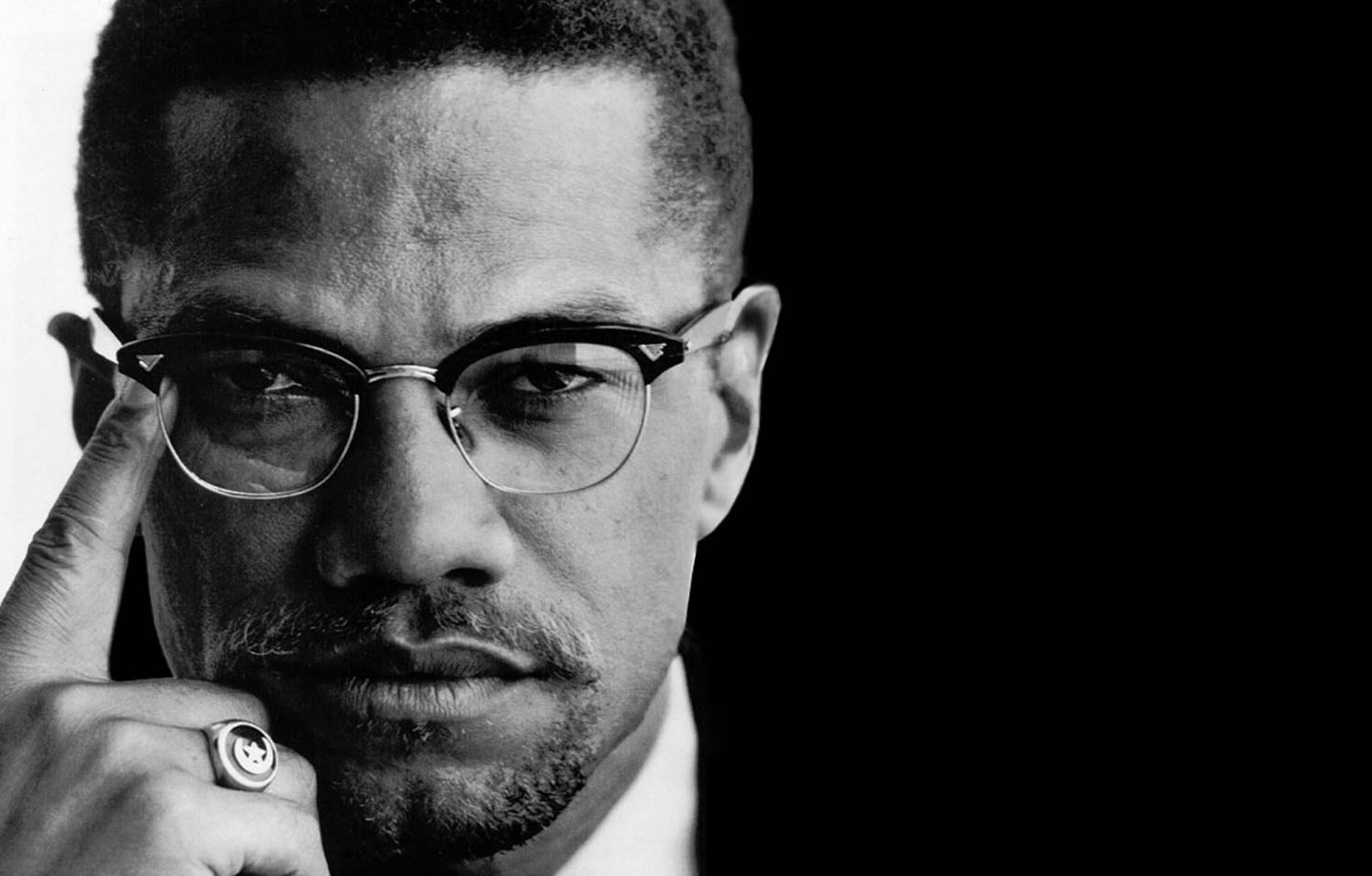
Malcolm X, a name that resonates with power and transformation, remains one of the most influential figures in American history. But who was Malcolm X? Born Malcolm Little, he evolved from a troubled youth into a passionate advocate for Black empowerment and civil rights. His journey took him from the streets to prison, where he discovered the teachings of Elijah Muhammad and the Nation of Islam. This discovery ignited a fire within him, leading to his emergence as a powerful orator and leader. His life was marked by profound change, culminating in his pilgrimage to Mecca, which transformed his views on race and unity. Malcolm X's legacy continues to inspire and provoke thought, making him a pivotal figure in the fight for equality.
Early Life and Background
Malcolm X, born Malcolm Little, was a prominent figure in the civil rights movement. His life story is filled with fascinating details that shaped his journey.
- Born on May 19, 1925, in Omaha, Nebraska, Malcolm X was the fourth of eight children.
- His father, Earl Little, was a Baptist minister and an outspoken supporter of Marcus Garvey.
- The family faced constant threats from the Ku Klux Klan due to Earl's activism.
- When Malcolm was six, his father was killed in a suspicious streetcar accident.
- His mother, Louise Little, was later institutionalized, leading to Malcolm and his siblings being placed in foster homes.
Education and Early Influences
Malcolm's early education and experiences played a significant role in shaping his worldview and future activism.
- Despite being a top student, Malcolm dropped out of school after a teacher told him that becoming a lawyer was "no realistic goal for a n****r."
- He moved to Boston to live with his half-sister, Ella Little-Collins, where he was exposed to the city's vibrant African American culture.
- Malcolm became involved in petty crimes, leading to his arrest and imprisonment at the age of 20.
- While in prison, he educated himself by reading extensively and improving his vocabulary.
- He converted to the Nation of Islam, inspired by the teachings of Elijah Muhammad.
Rise in the Nation of Islam
Malcolm X's involvement with the Nation of Islam marked a turning point in his life, propelling him into the national spotlight.
- After his release from prison in 1952, Malcolm adopted the surname "X" to signify the loss of his African heritage.
- He quickly rose through the ranks, becoming the Nation of Islam's most prominent spokesperson.
- His fiery speeches and charismatic presence attracted thousands of new members to the organization.
- Malcolm advocated for black self-reliance, separation from white society, and the establishment of a separate black nation.
- He was instrumental in establishing numerous mosques and community centers across the United States.
Break with the Nation of Islam
Malcolm X's evolving views led to a dramatic split from the Nation of Islam, altering the course of his activism.
- In 1964, Malcolm X publicly announced his departure from the Nation of Islam due to ideological differences and internal conflicts.
- He embarked on a pilgrimage to Mecca, where he experienced a profound spiritual transformation.
- During his pilgrimage, he embraced Sunni Islam and adopted the name El-Hajj Malik El-Shabazz.
- Malcolm's views on race relations evolved, advocating for racial unity and cooperation.
- He founded the Organization of Afro-American Unity (OAAU) to promote human rights and social justice.
Assassination and Legacy
Malcolm X's life was tragically cut short, but his legacy continues to inspire generations.
- On February 21, 1965, Malcolm X was assassinated while giving a speech at the Audubon Ballroom in New York City.
- Three members of the Nation of Islam were convicted of his murder, though questions about the true perpetrators remain.
- Malcolm X's autobiography, co-written with Alex Haley, became a bestseller and a seminal work in African American literature.
- His speeches and writings continue to influence civil rights activists and scholars worldwide.
- Malcolm X is remembered as a symbol of black pride, resilience, and the ongoing struggle for equality.
Malcolm X's Legacy
Malcolm X's impact on civil rights and social justice remains undeniable. His journey from a troubled youth to a powerful advocate for Black empowerment inspires many. He challenged systemic racism, promoted self-reliance, and emphasized the importance of education. His speeches and writings continue to resonate, urging people to fight for equality and justice.
Malcolm X's legacy lives on through his autobiography, speeches, and the countless individuals he influenced. His dedication to truth and justice serves as a reminder of the power of conviction and courage. By understanding his life and contributions, we gain insight into the struggles and triumphs of the civil rights movement.
Reflecting on Malcolm X's life encourages us to continue striving for a more just and equitable society. His story is a testament to the enduring fight for human rights and the transformative power of resilience.
Was this page helpful?
Our commitment to delivering trustworthy and engaging content is at the heart of what we do. Each fact on our site is contributed by real users like you, bringing a wealth of diverse insights and information. To ensure the highest standards of accuracy and reliability, our dedicated editors meticulously review each submission. This process guarantees that the facts we share are not only fascinating but also credible. Trust in our commitment to quality and authenticity as you explore and learn with us.


